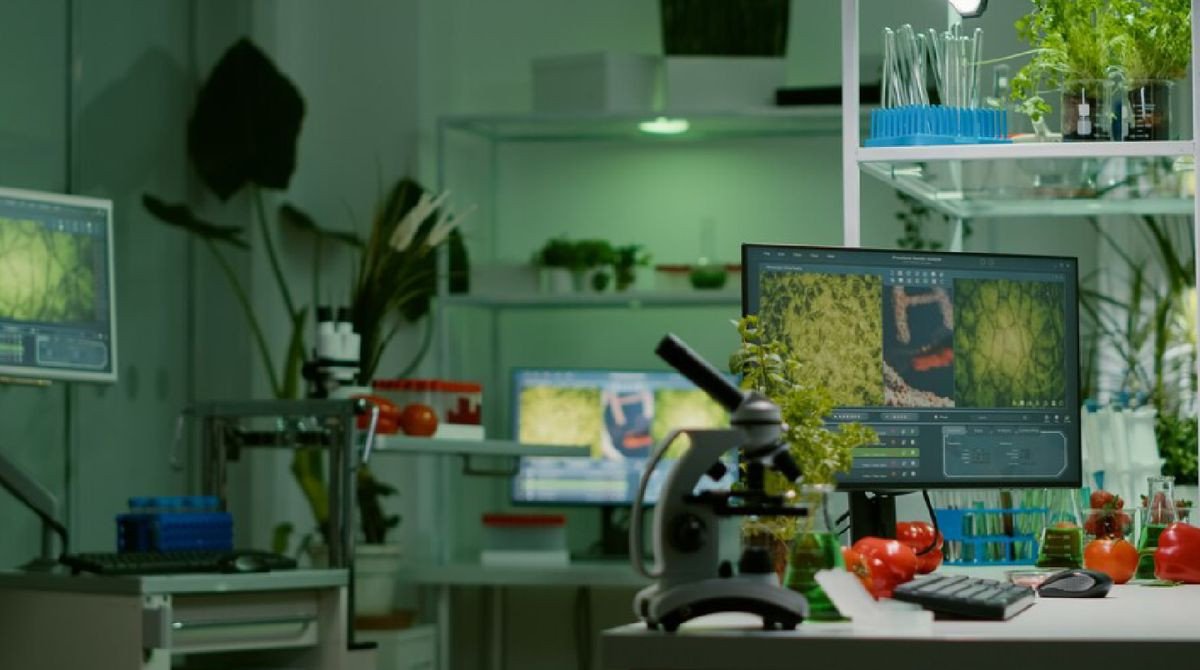- December 18, 2025

As the frontiers of biotechnology expand, a crucial dimension emerges: bioethics. This intricate web of questions grapples with the ethical implications of our growing ability to manipulate life itself. From gene editing to synthetic biology, the advancements hold immense promise, but also raise profound concerns about the delicate balance between progress and responsibility.
Where Science Meets Society: The Bioethical Landscape
Bioethics delves into the ethical dilemmas that arise from the intersection of biology and technology. Its scope encompasses issues such as:
Genetic engineering: Modifying the human genome raises questions about designer babies, the potential for discrimination, and the long-term consequences of unintended effects.
Artificial life: As the lines between biology and technology blur, bioethics confronts the questions of creating or manipulating self-replicating systems and their potential impact on our concept of life itself.
Brain-computer interfaces: Merging our minds with machines opens doors to revolutionary advancements, but also raises concerns about privacy, autonomy, and the potential for manipulation.
Public access and equity: Ensuring equitable access to life-changing biotechnologies like gene therapy or precision medicine remains a critical challenge, necessitating ethical frameworks that prevent further widening of existing social inequalities.
These are just a few examples of the complex ethical terrain navigated by bioethics. It's not merely a set of rigid rules, but rather a dynamic field that fosters open dialogue, critical thinking, and collaborative decision-making to guide responsible development and application of these powerful technologies.
Embracing Responsibility: A Framework for Ethical Biotech
As we push the boundaries of what's possible, prioritizing ethical considerations is paramount. Here are some guiding principles:
Transparency and public engagement: Open communication about ongoing research, potential risks and benefits, and ethical concerns is crucial to fostering trust and ensuring public acceptability of new technologies.
Justice and equity: Access to life-changing biotechnologies should not be contingent on socioeconomic status or geographical location. Ethical frameworks must address potential inequalities and ensure equitable access for all.
Respect for human dignity and autonomy: The fundamental rights and autonomy of individuals, including informed consent and the right to privacy, must be protected even in the face of technological advancements.
Environmental and ecological considerations: The potential impact of biotechnologies on ecosystems and biodiversity requires careful evaluation and responsible development practices to minimize potential harm.
Upholding these principles requires robust regulatory frameworks, informed public discourse, and collaboration between scientists, policymakers, ethicists, and the public. Openly discussing and confronting the ethical challenges is essential to ensuring that biotech advancements benefit humanity as a whole, not just a select few.
Looking Beyond the Horizon: A Call for Collective Action
The rapid pace of biotech innovation demands constant vigilance and proactive engagement with bioethical issues. We must move beyond simply reacting to new developments and instead proactively shape the future of these technologies, ensuring they are used for good.
This requires collective action:
Investing in bioethics education: Equipping scientists, policymakers, and the public with a strong understanding of bioethical principles is crucial for informed decision-making and responsible development.
Fostering interdisciplinary dialogue: Collaboration between scientists, ethicists, legal experts, policymakers, and the public is essential for considering all perspectives and developing comprehensive ethical frameworks.
Promoting global governance: As biotechnologies transcend national borders, international cooperation is needed to ensure responsible development and application, preventing potential misuse and ensuring equitable access.
Navigating the bioethical landscape is not a sprint, but a marathon. It requires ongoing dialogue, critical reflection, and a commitment to using these powerful technologies ethically and responsibly. By engaging in this discussion and prioritizing ethical considerations, we can ensure that the age of advancing biotech becomes a chapter of progress, not peril, for humanity and the planet we share.
Let us embrace the responsibility that comes with our scientific prowess and collectively navigate the path towards a future where biotechnologies flourish for the benefit of all.